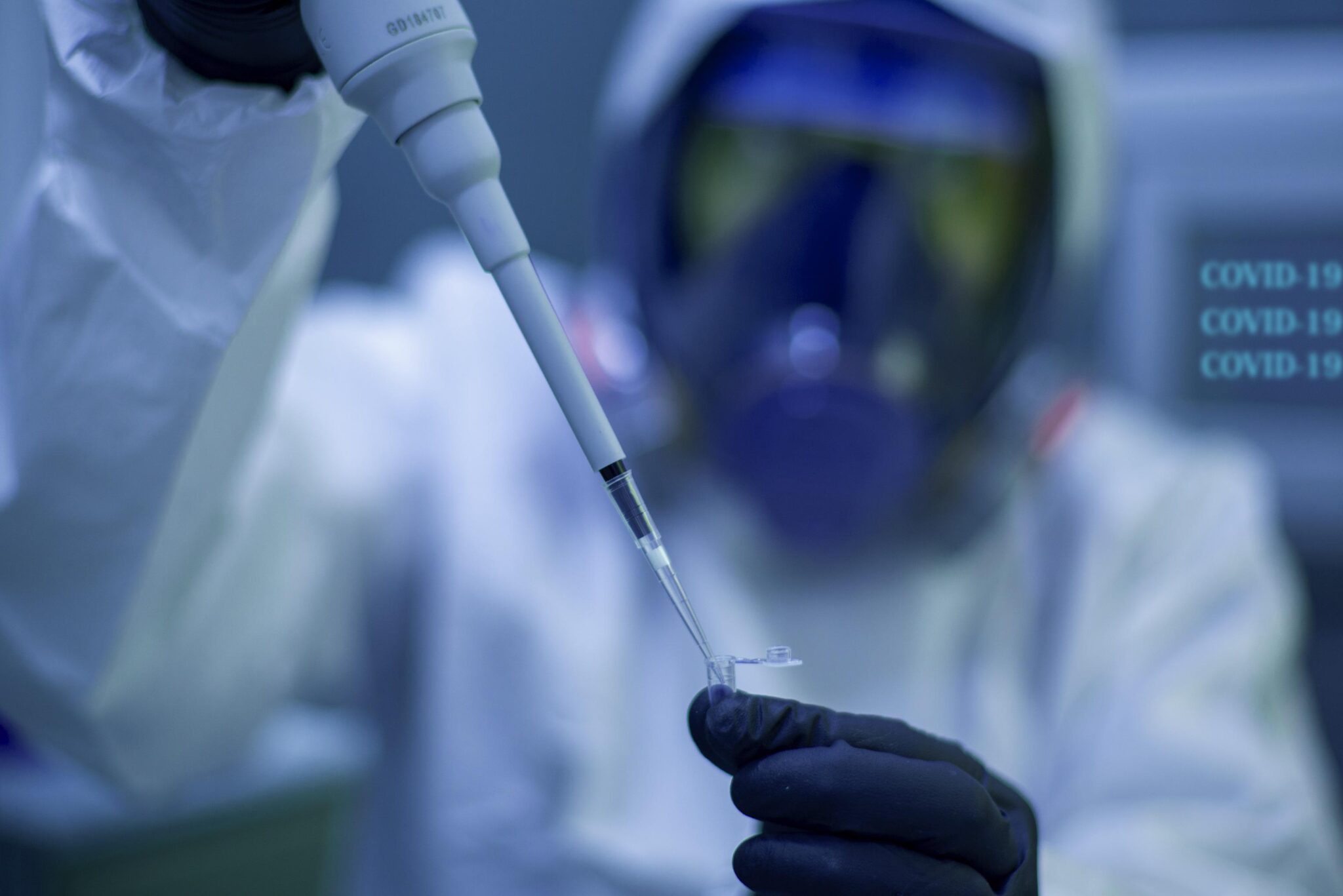In a stunning Senate hearing, former Centers for Disease Control and Prevention (CDC) Director Dr. Susan Monarez shared shocking details about her short time leading the agency. She claims that US Health and Human Services Secretary Robert F. Kennedy Jr. pushed politics ahead of public health. This move could change how vaccines are recommended for children. The testimony has raised big worries about the future of vaccine safety and science in America. Let’s break down what happened and why it matters for families and health experts.
1. Who is Dr. Susan Monarez and What Happened to Her Job?
Dr. Susan Monarez served as CDC Director for just 29 days before getting fired last month. She started her role with high hopes to guide the agency through tough health challenges. But clashes with Secretary Robert F. Kennedy Jr. over vaccine policies led to her quick exit. Monarez says she lost her job because she stood up for scientific facts. In her words, she was “fired for holding the line on scientific integrity.”
During the Senate Health, Education, Labor and Pensions Committee hearing on Wednesday, Monarez explained her side. She refused to approve vaccine ideas without strong proof. She also would not fire experienced staff without good reasons or quit her post. This brave stand highlights the tension between politics and health science today.
Dr. Debra Houry, the CDC’s former chief medical officer, also spoke at the hearing. She quit her job in protest after Monarez was removed. Their stories paint a picture of deep problems inside the agency.
2. Key Demands from Secretary Kennedy That Led to the Firing
Monarez gave new details about her brief time as director. She said Kennedy made a big change: All CDC policy and staff choices now need approval from political team members. This is different from how past leaders ran things. It puts politics in charge of health decisions, which experts say is dangerous.
On August 2, Monarez found out from news reports that Kennedy removed key members from the CDC’s Advisory Committee on Immunization Practices (ACIP). This group of outside experts helps guide vaccine advice. She felt blindsided by the media leak. Back in June, Kennedy had already cleared out all 17 original ACIP members. Now, the committee has a whole new set of people, with five added just this week.
The worst part came on August 25. Monarez said Kennedy demanded two things that went against her duties as a public official. First, he wanted her to promise to approve every ACIP vaccine suggestion, no matter the science. Second, he asked her to fire career experts in charge of vaccine rules without any real cause. If she said no, he told her to resign.
Monarez stood firm. She told Kennedy she could not agree to recommendations without checking the evidence. She also had no reason to let go of skilled scientists. During their talk, she described him as “very upset, very animated.” He insisted that changes to the childhood vaccine schedule would start in September. He even said he talks to President Donald Trump every day about these ideas.
3. Why Monarez Chose Integrity Over Her Position
In a powerful moment, Monarez reflected on her choice. She said, “On August 25, I could have stayed silent, agreed to the demands, and no one would have known.” But that would mean letting scientists get fired unfairly and weakening vaccine protections quietly. She might keep the job title, but she would lose her honesty, which she values most.
This decision shows her strong commitment to doing what’s right. By speaking out, she hopes to protect public health from political interference. Her testimony warns that without strong leaders like her, bad changes could happen behind closed doors.
4. Changes to the ACIP Committee and Growing Concerns
The new ACIP lineup worries many in the medical world. Some new members have shared unproven ideas about vaccines. For example, one claimed without facts that COVID-19 shots cause “unprecedented levels of death and harm in young people.” The group is set to meet Thursday and Friday to talk about COVID-19 vaccines. They will also discuss shots for hepatitis B, measles, mumps, rubella, and varicella.
Monarez is “very nervous” about this meeting. She fears the group might limit access to needed vaccines for kids and others. Without a full-time CDC director, these ideas could become official. She pointed to real dangers, like the biggest measles outbreak in over 30 years. That event took the lives of two children. If vaccine rules get weaker, more preventable illnesses could come back and hurt people.
5. Tough Questions from Senator Rand Paul
Republican Senator Rand Paul from Kentucky, who is an eye doctor, challenged Monarez during the hearing. He focused on COVID-19 vaccines and the hepatitis B shot for newborns. Paul said there is “no medical reason” to give hepatitis B vaccines right after birth. He noted that the disease can pass from moms to babies. The ACIP might suggest waiting until kids are 4 years old.
Monarez replied calmly. She said, “I was open to the science, I just would not pre-commit to approving all the ACIP recommendations without the science.” This shows her balanced view: willing to look at facts but not agree blindly.
6. What This Means for Public Health and Vaccines
This hearing shines a light on big risks to America’s health system. If politics controls science, trust in vaccines could drop. Families might face more outbreaks of diseases we thought were under control. Experts like Monarez stress that decisions must come from evidence, not pressure.
The Department of Health and Human Services has not commented on these claims yet. As the ACIP meeting happens this week, many watch closely. Will vaccine protections stay strong? Or will changes harm kids’ health? Monarez’s story calls for action to keep science first.
7. Broader Impact on the CDC and Future Leadership
Without a permanent CDC director, the agency faces uncertainty. Houry’s protest quit adds to the chaos. These events could make it hard to attract top talent who value facts over favors. For everyday people, this means watching closely for updates on vaccine rules. Strong oversight from Congress might help fix these issues.
Monarez’s testimony is a wake-up call. It reminds us that public health should serve the people, not politics. As debates continue, staying informed is key to protecting our communities.
In conclusion, Dr. Susan Monarez’s bold stand against political meddling in health decisions has sparked national talk. Her short time at the CDC exposed deep cracks in leadership. With ACIP changes on the horizon, the fight for science-based vaccines is far from over. Families, doctors, and lawmakers must push for integrity to keep America healthy.






















